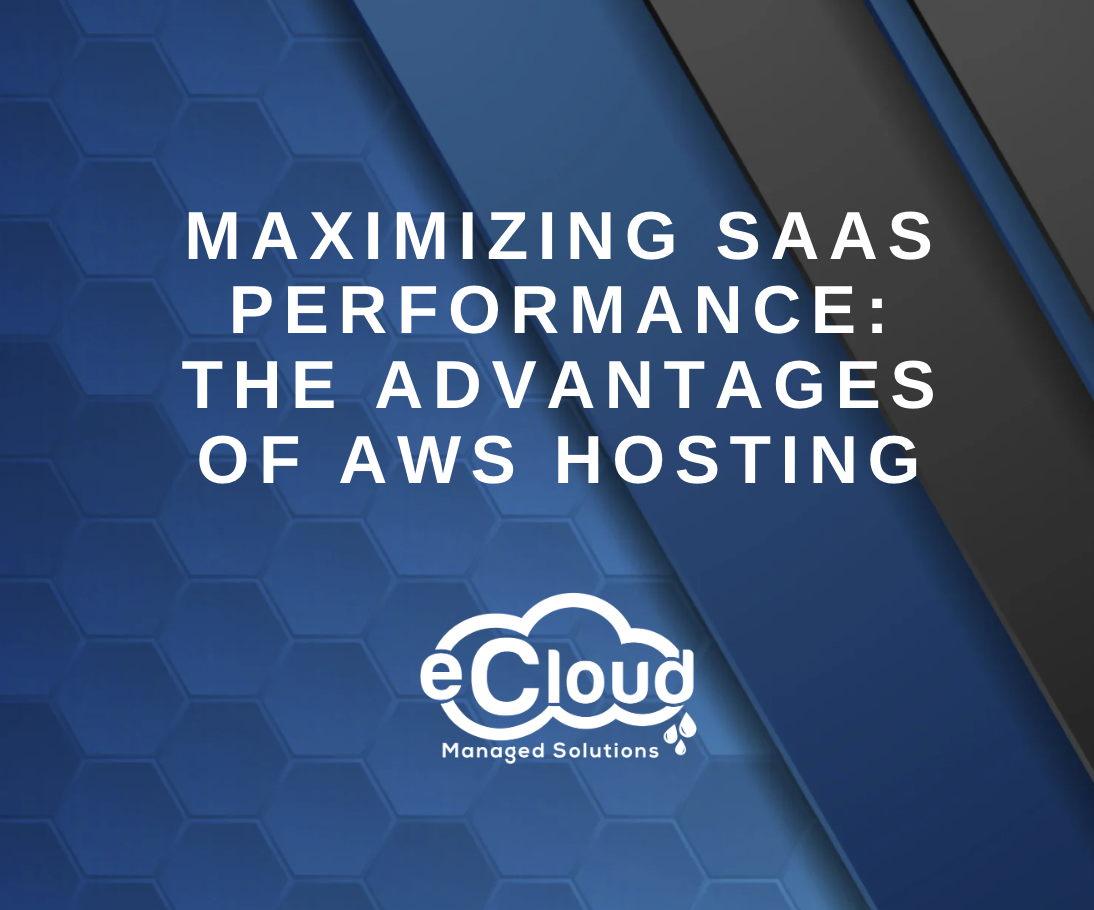In the fast-evolving landscape of technology, the need for agility and adaptability is paramount. Within my experience in cloud computing, I’ve seen firsthand how AWS has revolutionized SaaS platforms enabling them to rapidly serve millions of customers without compromising other areas such as scalability, security, compliance, and reliability. In this blog, I’m going to touch on the options within the cloud and the rapid benefits they provide.
Scalability and Flexibility
In AWS, scalability transcends mere capacity expansion; it’s about agility and responsiveness. Amazon ECS shines in this regard, enabling rapid deployment of containerized applications. This swift deployment capability is key to facilitating agile development cycles, crucial for SaaS platforms in today’s fast-paced market.
Turning to EKS, its strength lies in its advanced cluster autoscaling features. Fine-tuning node groups, leveraging spot instances, and managing the cluster autoscaler for both horizontal and vertical scaling are pivotal for optimizing performance and cost. Such capabilities ensure that SaaS applications dynamically receive the resources they need, maintaining performance without unnecessary expenditure.
For SaaS platforms not leveraging the specific capabilities of AWS ECS or EKS, traditional auto-scaling in AWS still offers significant benefits. This involves setting up scaling policies based on metrics like CPU utilization or network input/output, which trigger the addition or removal of EC2 instances. While this approach provides more control over the scaling process, it typically requires more setup and management.
Security and Compliance
The multifaceted nature of cloud security is adeptly handled by AWS. Tools like Amazon GuardDuty offer runtime security for EC2 and EKS environments, continuously monitoring for threats. Furthermore, AWS enables the establishment of security and compliance baselines prior to deployment. AWS Security Hub, CloudTrail, and Config collaboratively facilitate setting up and enforcing these standards, ensuring deployments are secure and compliant from the outset.
Reliability and Uptime
AWS’s global infrastructure, particularly the strategic use of Availability Zones, is fundamental to the high availability and redundancy of SaaS applications. These zones, integral to both ECS and EKS, offer isolated environments that enhance fault tolerance and operational stability. This setup, coupled with AWS’s commitment to uptime and the security bolstering from GuardDuty, ensures consistent and reliable service availability for SaaS platforms.
Conclusion:
In conclusion, AWS offers a robust and versatile platform that is essential for the growth and success of SaaS applications. Through services like ECS and EKS, AWS not only ensures scalability and flexibility but also maintains high standards of security and reliability. This powerful combination of features makes AWS an indispensable tool in the arsenal of any SaaS platform seeking to thrive in today’s competitive digital landscape. As we continue to witness the evolution of cloud technology, AWS’s role in shaping the future of SaaS is undeniably significant.
By Brayan Marin, Cloud Architect at eCloud





